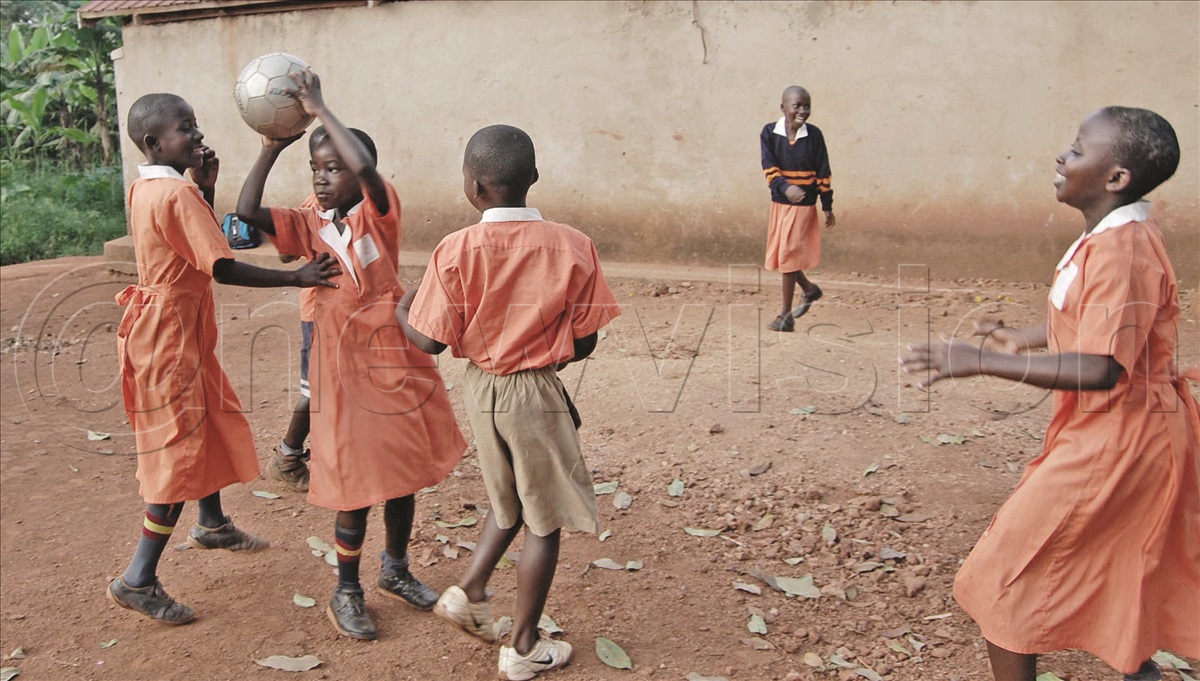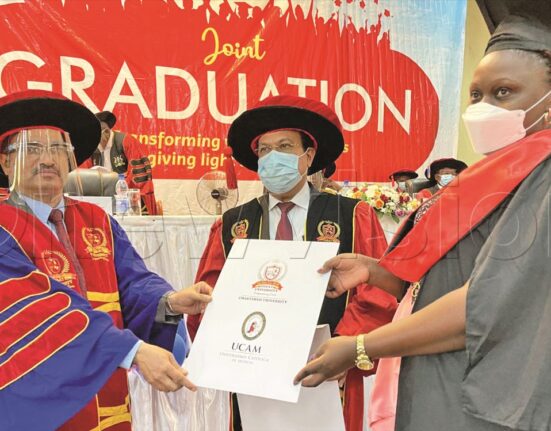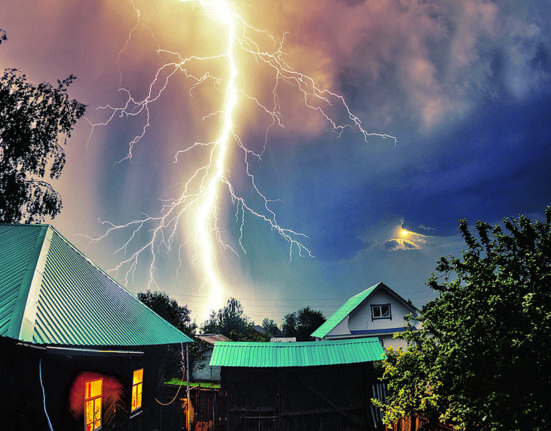(This articles was first published in the New Vision on July 14, 2021)
By Bishop Arnold Muwonge
I can still recall every time I was sent to the well to fetch water as a child. A trip of 20 minutes always took hours. This used to tick my parents off since such a trip only required dipping one’s jerrycan in the shallow well (more like a deep puddle), then hastily return home carrying the water on one’s head.
What my parents did not know was that going to the well was also an opportunity for me to connect with my village-mates, especially Sofia, a girl who lived three homesteads away from my house, whose company I immensely enjoyed.
I invested time at the well in chatting, playing and learning how to deal with bullies, who had no social skills but always thought they could bulldoze their way into the hearts of the likes of Sofia. Alas, over my dead body! I did not only defend Sofia from such, but I was also eager to make an impression on her… oops, I think I am giving away too much in this article, let me try to regain my footing! Anyway, travelling to the well incorporated a lot of activity, but the main one was the opportunity to just be a little boy and play.
“A new skill-set is expected of children today, so we shouldn’t be stuck in the old ways of learning. There is a greater focus on social-emotional skills, including empathy,” said Bo Stjerne Thomsen, the vice-president and chair of learning through Play at the LEGO Foundation. These are skills that play more than a traditional classroom lessons can provide.
Acquiring Skills
Play allows children to learn at their own pace and it gives them skills that traditionally structured environments cannot easily offer. Looking back to my time messing around at the well and all the times I had unhinged play, I could see how much I learnt and developed.
Children and young people love to play. Playing entails inventing, improvising, enjoying, imagining and exploring. It is all about trying and failing; it requires good relationships, teamwork, conflict resolution and other social skills.

It is all about losing track of time, creating new worlds and experiencing happiness. Most importantly, it is about learning.
Unfortunately, a good percentage of parents and guardians do not value play time. Their focus is how much and how well a child reads their books and does home chores.
However, somehow, when we think about education, the importance of play is underplayed. Children are only allowed to play in the playground during their breaks when they are ‘not learning’. And so, room for playfulness tends to diminish as children grow older.
Play not only has positive effects on the child’s ability to learn, it is in fact an important mode for learning. Several studies show that school children pay more attention to their teachers after they have had an unstructured break in which they are free to play.
Play improves the cognitive, social, emotional and physical well-being as children learn about the world and themselves. Studies also reveal a link between play and the development of language and social skills. So many facets that apply to playing together are equally important for the development of their life in further study, work and relationship.
Therefore, play should be at the heart of education. Think of creative problem solving, coping with challenges and exploring their curiosity, especially during this COVID-19 time.
In an ever-changing world, a playful attitude is crucial. We need to imagine and remain curious to explore new possibilities and practices, forge new paths, develop new structures and be open to new experiences.
To create new futures, we need the interplay of education, good relationships and time to hone our skills in play inside/outside school.
Playful Learning
There is a wise proverb in the Bible: “I was filled with delight day after day, rejoicing always in his presence, rejoicing in his whole world and delighting in mankind”.
The term ‘rejoice’ is also translated as ‘play’: children playing with toys and games; people playing musical instruments and dancing. We all know how much learning takes place in a playful format. Such playfulness links in with the importance of community relationships, which are crucial in a child’s formation.
Playful learning emerges from the pupils’ questions in their contexts. It may, indeed, be about wanting to listen to the radio. It may be about more existential deliberations and needs in their world (‘how do we recycle plastic in our village?’; ‘how can we improve the paths for the less able-bodied?’; ‘how do we capture the solar energy for our electricity?’).
To circle together around questions that meaningfully connect to their lives, to foster experimentation in project-based learning and develop social interaction constitutes a valuable and fruitful pedagogical practice that will serve them well in their adult life. It engages their skills and teaches them values.
Get Involved

As parents, it is important that you get involved in your child’s life of play as much as you can. Even merely inquiring about their games, for them to explain what they are doing, is good enough to show that you are concerned.
Where possible, buy for them or help them make play items for their games. There are experts who can also help you understand which kind of games are important for the child’s development; much as this is not a big issue for you to stress yourself with. Use whatever available space you have to allow your children play.
Such playful learning shapes the values that strengthen the life skills our children will need to become resilient adults who can thrive in a fast-changing world.
The writer is the director of Stride High School in Wakiso town council, Wakiso district.









Leave feedback about this